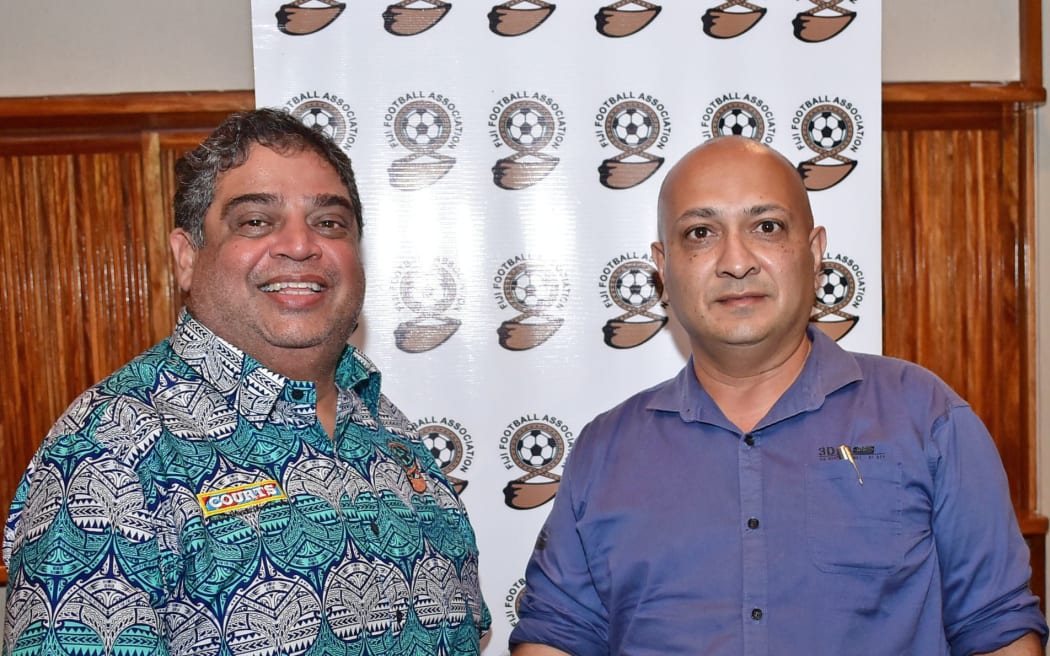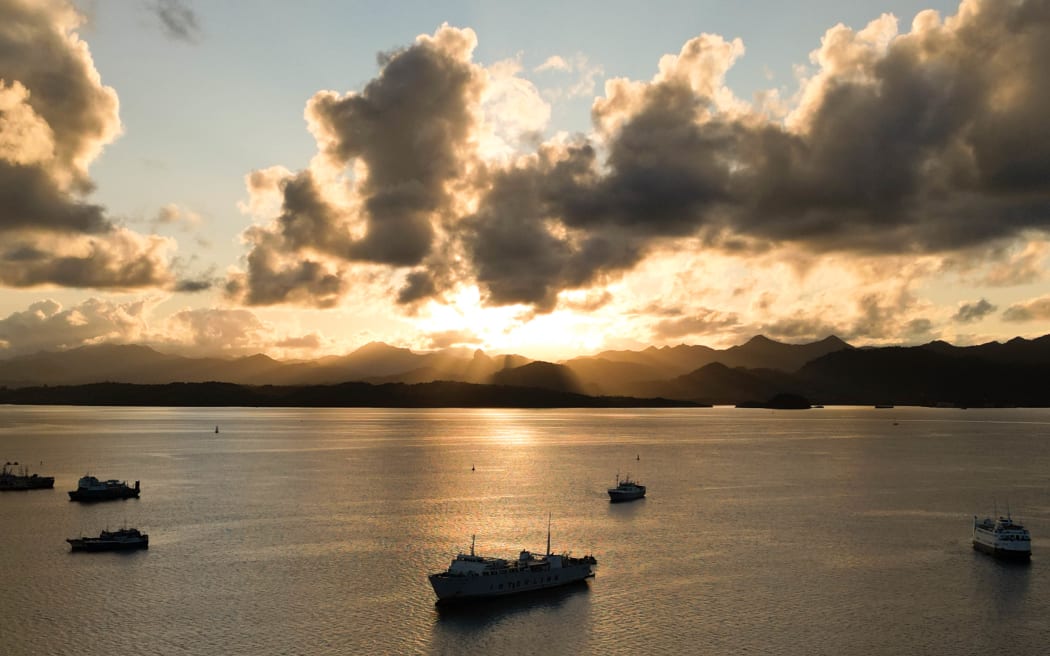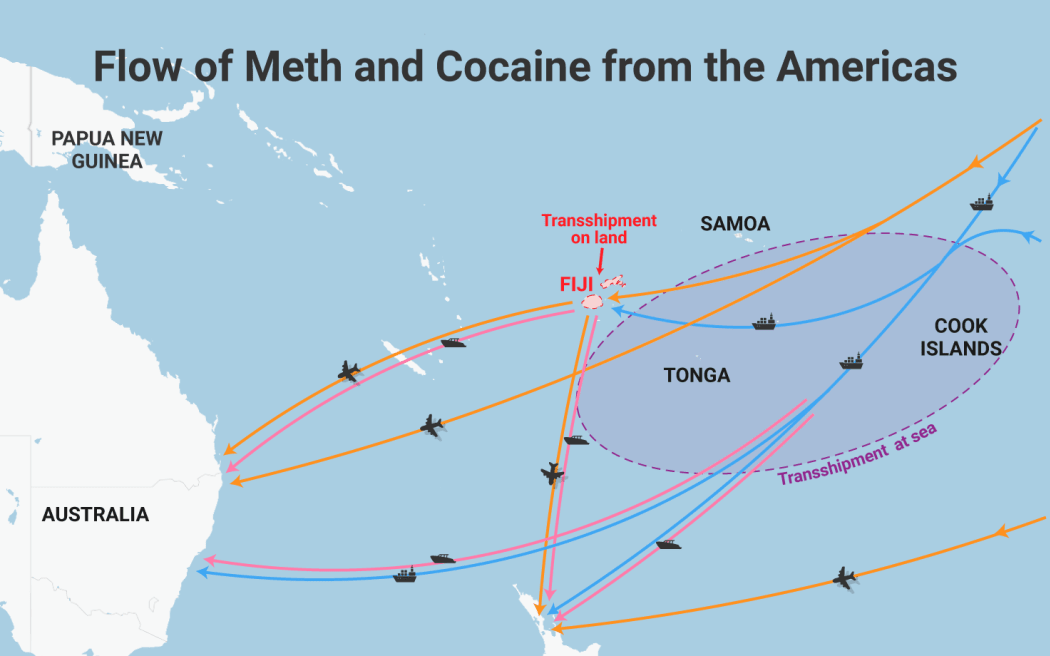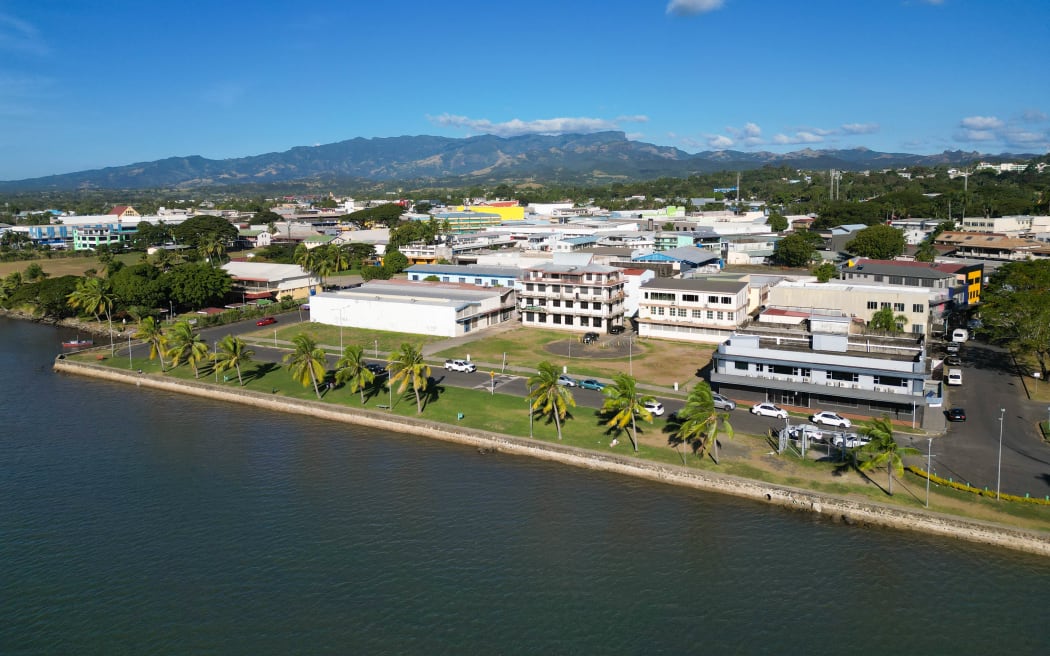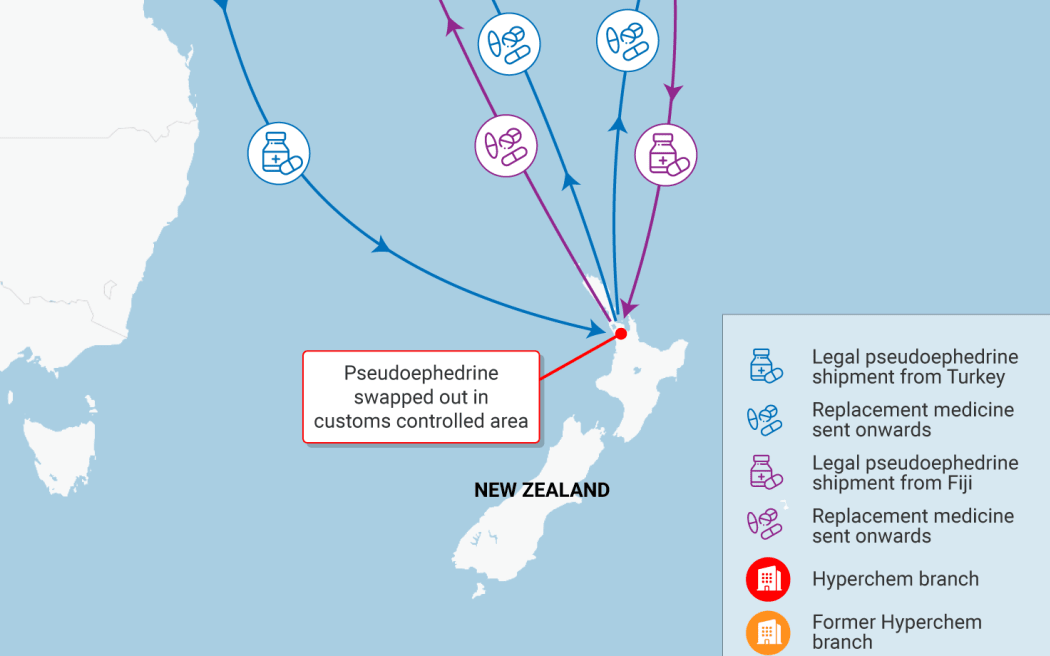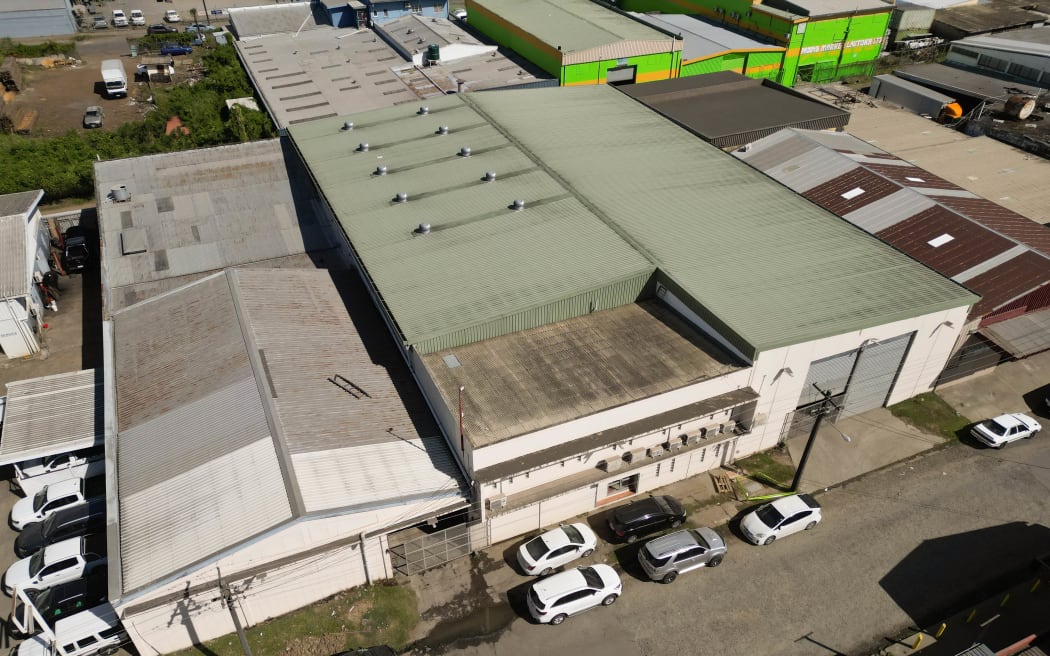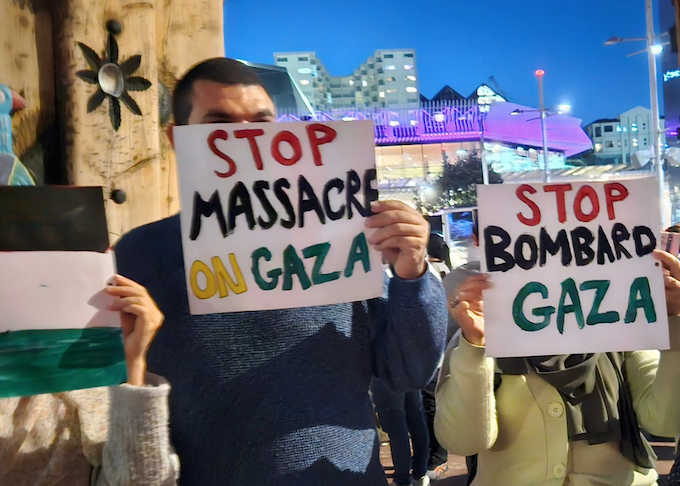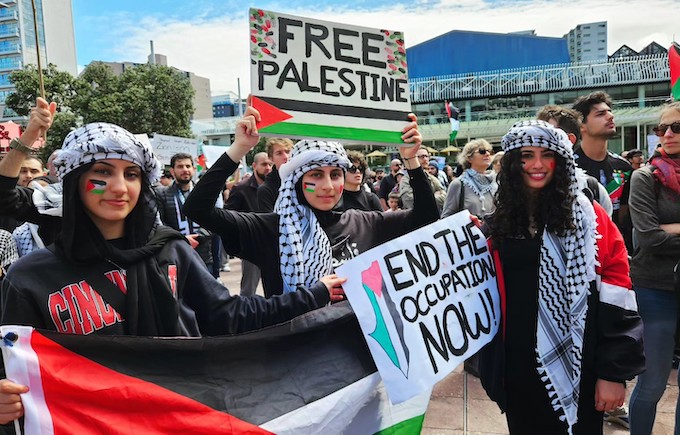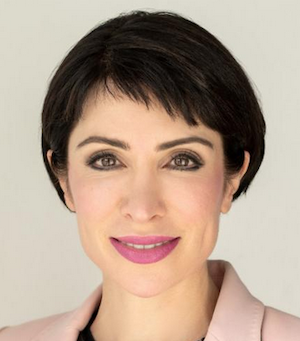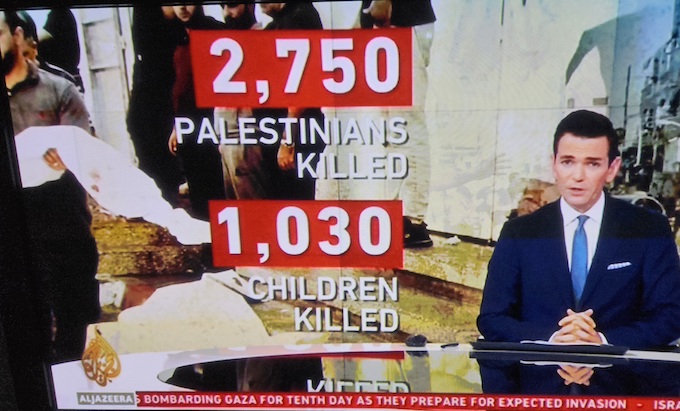By David Robie, editor of Asia Pacific Report
Reporting Israel’s war on Gaza has become the greatest credibility challenge for journalists and media of our times. The latest targeted killing of an Al Jazeera photojournalist yesterday while documenting atrocities has prompted a leading analyst to appeal to global journalists to “take a stand” to protect the profession.
The killing of Hamza Dahdoud, the 27-year-old eldest son of Al Jazeera Gaza bureau chief Wael Dahdouh, along with freelancer Mustafa Thuraya, has taken the death toll of Palestinian journalists to 109 (according to Al Jazeera sources while global media freedom watchdogs report slightly lower figures).
Emotional responses and a wave of condemnation has thrown the spotlight on the toll faced by reporters and their families.
- READ MORE: War on Gaza: The voices that really matter are the journalists on the ground
- Safe zones: Israel’s technologies of genocide
- This Israel has no future in the Middle East – Marwan Bishara
Wael Dahdouh, 52, lost his wife, daughter, grandson and 15-year-old son on October 25 in an earlier Israeli air raid that hit the house they were sheltering in. After mourning for several hours, Dahdouh senior was back on the job documenting the war.
Just under 20 months ago, Al Jazeera’s best known correspondent, Shireen Abu Akleh, was fatally shot by an Israeli sniper while reporting on the Occupied West Bank on 11 May 2022 in what Paris-based Reporters Without Borders (RSF) condemned by saying this “systematic Israeli impunity is outrageous.”
The New York-based Committee to Protect Journalists protested about the killing of Hamza Dahdoud and Thuraya, saying it “must be independently investigated, and those behind their deaths must be held accountable”.
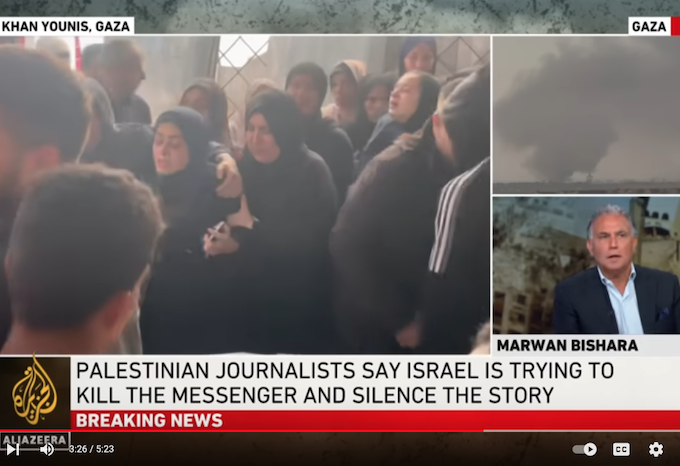
But few journalists would accept that this is anything other a targeted killing, as most of the deaths of Palestinian journalists in the latest Gaza war have been – a war on Palestinian journalism in an attempt to suppress the truth.
‘Nowhere safe in Gaza’
Certainly, Al Jazeera’s Palestinian-Israeli political affairs analyst and Marwan Bishara, who was born in Nazareth, has no doubts.
Speaking on the 24-hour Qatari world news channel, with at least 22,835 people killed in Gaza – 70 percent of them women and children — he said: “Nowhere is safe in Gaza and no journalists are safe . . . That tells us something.
“Killing the messenger”: Marwan Bishara’s interview with Al Jazeera — more tampering over the message? There is nothing “sensitive” in this clip.
“It is understood they are war journalists. But still the fact that more than 100 journalists were killed within three months is breaking yet another record in terms of killing children, and destruction of hospitals and schools, and the killing of United Nations staff.
“And now with 109 journalists killed this definitely requires a certain stand on the part of our colleagues around the world. Not just in a higher up institution.
“I am talking about journalists around the world – those who came to cover the World Cup in Doha for labour rights, or whatever. Those who are shedding tears in the Ukraine, those who are trying to cover Xinjiang in China [persecution of the Uyghur people], those who are claiming there are genocides happening right, left and centre – from China to Ukraine, to elsewhere.
“The same journalists who see in plain sight what is happening in Gaza should – regardless if we disagree on Israel’s motives, or Israel’s objectives in this war – must agree that the protection of journalists and their families is indispensable for our profession. And for their profession,” Bishara said.
“Journalists, and journalism associations and syndicates around the world – especially in those countries with influence on Israel, as in Europe, or the United States; journalists need to take a stand on what is going on in Gaza.
‘Cannot go unanswered’
“This cannot continue and go on unanswered. What about them?
“They’re going to be from various media outlets deploying journalists in war-stricken areas. They will have to call for the defence of journalists and their lives and their protection.
“This cannot go on like this unabated in Gaza,” Bishara added, as Israeli defence officials have warned the fighting could go on for another year.
The South African genocide case filed against Israel in the International Court of Justice seeking an interim injunction for a ceasefire and due for a hearing later this week could pose the best chance for an end to the war.
Bishara has partially blamed Western news networks for failing to report the war on Gaza accurately and fairly, a criticism he has made in the past and his articles about Israel are insightful and damning.
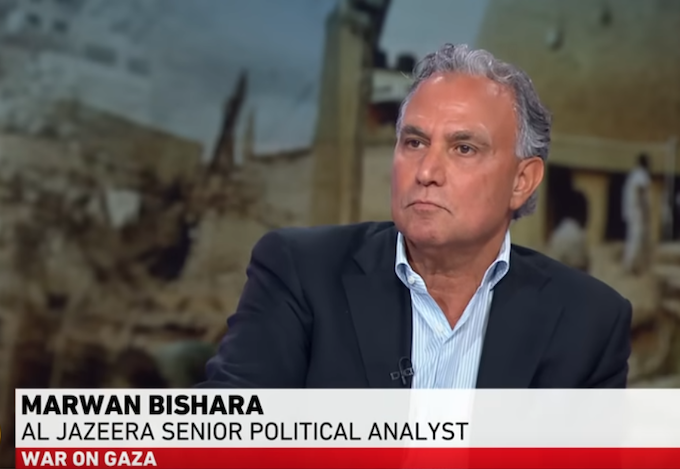
His call for a stand by journalists has in fact been echoed in some quarters where “media bias” has been challenged, opening divisions among media groups about fairness and balance that have become the most bitter since the climate change and covid pandemic debates when media “deniers” and “bothsideism” threatened to undermine science.
In November, more than 1500 journalists from scores of US media organisations signed an open letter calling for integrity in Western media’s coverage of “Israeli atrocities against Palestinians”.
Israel has blocked foreign press entry, heavily restricted telecommunications and bombed press offices. Some 50 media headquarters in Gaza have been hit in the past month.
Israeli forces explicitly warned newsrooms they “cannot guarantee” the safety of their employees from airstrikes. Taken with a decades-long pattern of lethally targeting journalists, Israel’s actions show wide scale suppression of speech.
In the United Kingdom, eight BBC journalists wrote an open letter in late November to Al Jazeera accusing the British broadcaster of bias in its coverage of Gaza.
A 2300-word letter claimed that the BBC had a “double standard” and was failing to tell the Israel-Palestine conflict accurately, “investing greater effort in humanising Israeli victims compared with Palestinians, and omitting key historical context in coverage”.
In Australia, another open letter by scores of journalists and the national media union MEAA called for “integrity, transparency and rigour” in the coverage of the war and joined the International Federation of Journalists (IFJ), RSF and others condemning the Israeli attacks on journalists and journalism.
Leading Australian newspaper editors of The Sydney Morning Herald and The Age and the Nine network hit back by banning staff who had signed the letter. According to the independent Crikey, a senior Nine staff journalist resigned and readers were angrily cancelling their newspaper subscriptions over the ban.
Crikey later exposed many editors and journalists who had made junket trips to Israel and is currently keeping an inventory of these “influenced” media people — at least 77 have been named so far.
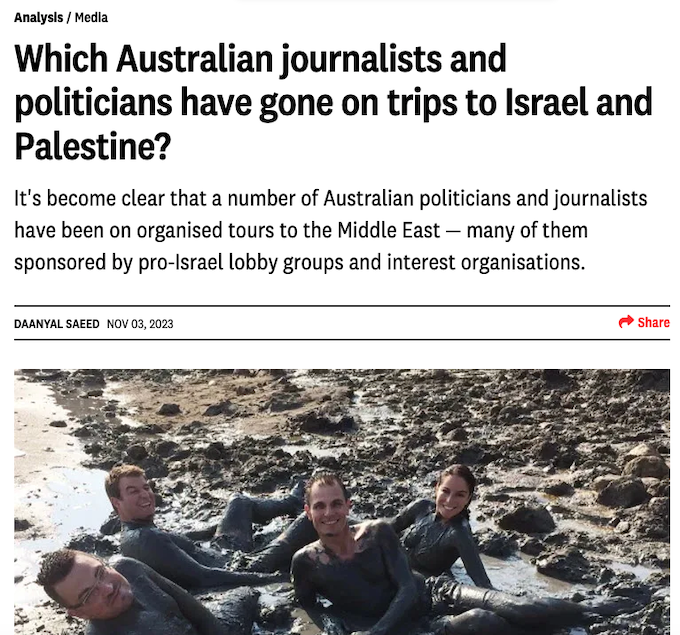
In The Daily Blog, editor Martyn Bradbury has also questioned how many New Zealand journalists have also been influenced by Israeli media massaging. Bradbury wrote:
“If Israel has sunk that much time and resource charming Australian journalists and politicians, the question has to be asked, [has] the pro-Israel lobby sent NZ journalists and politicians on these junkets and if they have, who are they?”
He wrote to the NZ Press Gallery, the “journalist union” and media companies requesting a list of names.
Pacific journalists ought to be also added to the list.
I have just returned from a two-month trip in the Mediterranean, Red Sea and Australia. After a steady diet of comprehensive and well backgrounded reporting from global news channels such as TRT World News and Al Jazeera (which contrasted sharply in quality, depth and fairness with stereotypical Western coverage such as from BBC and CNN), I was stunned by the blatant bias of much of the Australian news media, particularly News Corp titles such as The Australian and The Advertiser in Adelaide.
Some examples of the bias and my commentaries can be seen here, here, here, here, here and here.
A pithy indictment of much of the Western reporting — including in New Zealand — can be read in the Middle East Eye and other publications.
Exposing much of the Israeli propaganda and fabricated claims since October 7 (and even from time of The Nakba in 1948), award-winning columnist Peter Osborne wrote:
“I am haunted by one other consideration. It is not just that Western commentators, columnists and chat show hosts often don’t know what they are talking about. It’s not even that they pretend they do.
“It’s the comfort of their lives. They sit in warm, pleasant studios where they earn six-figure sums for their opinions. They take no risks and convey no truths.”
A polar opposite from the Gaza carnage and the risks that courageous Palestinian journalists face daily to bear witness. They are an inspiration to the rest of us.
Dr David Robie is editor and publisher of Asia Pacific Report and Café Pacific.
This post was originally published on Asia Pacific Report.
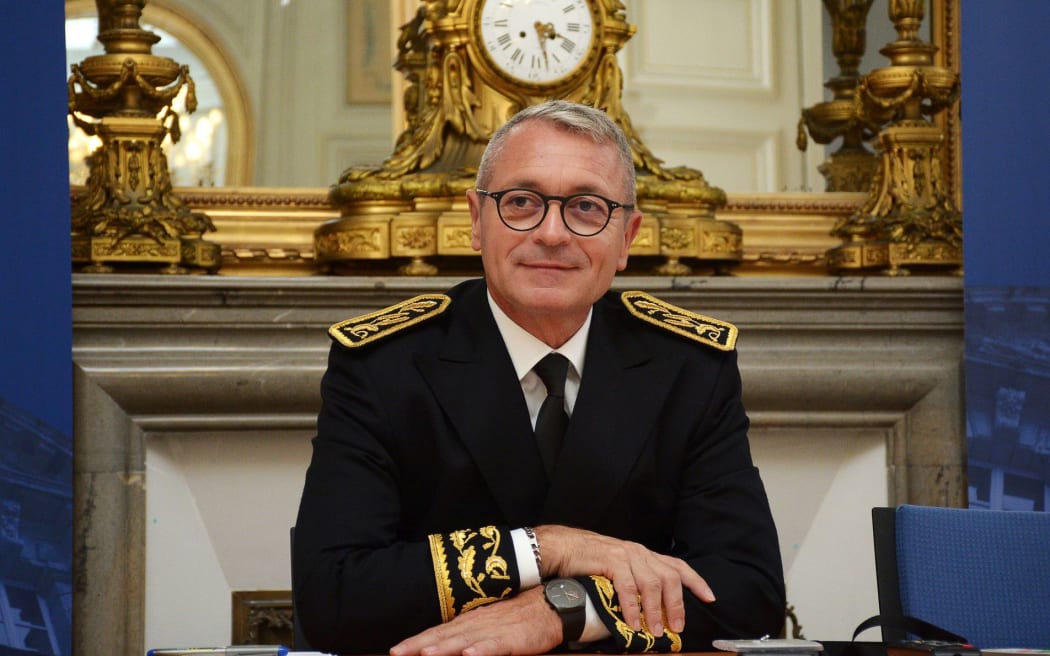
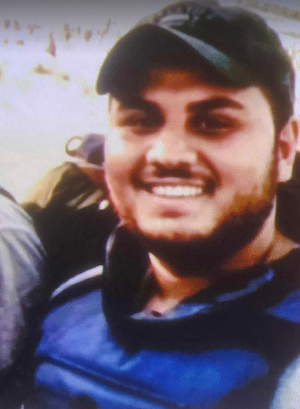
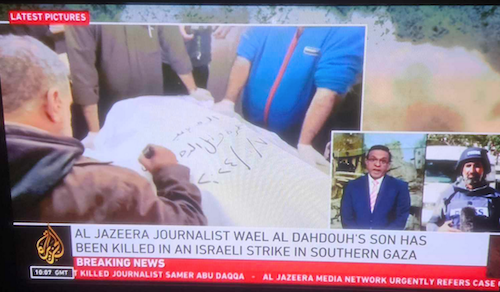






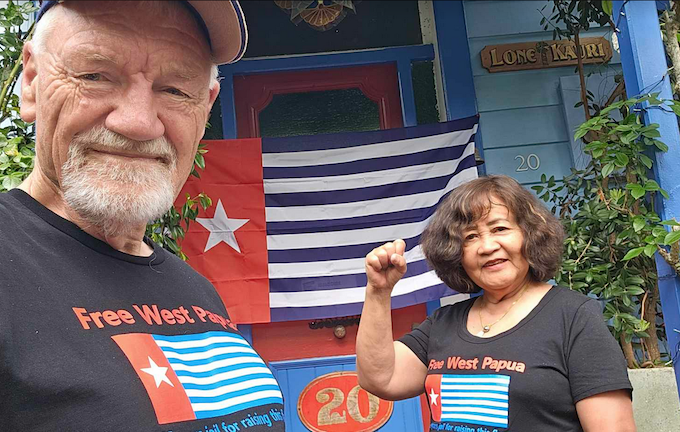
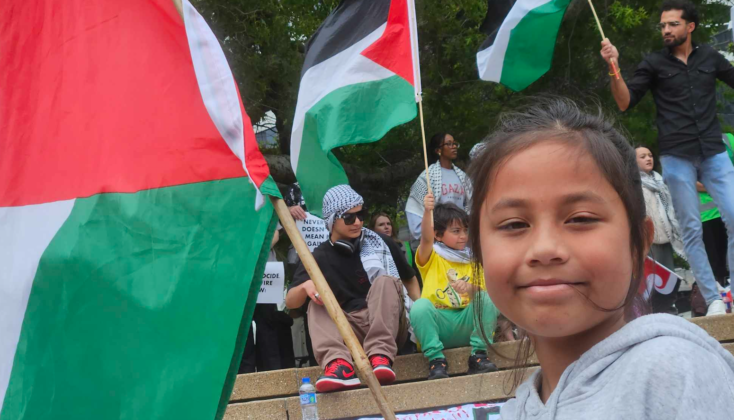
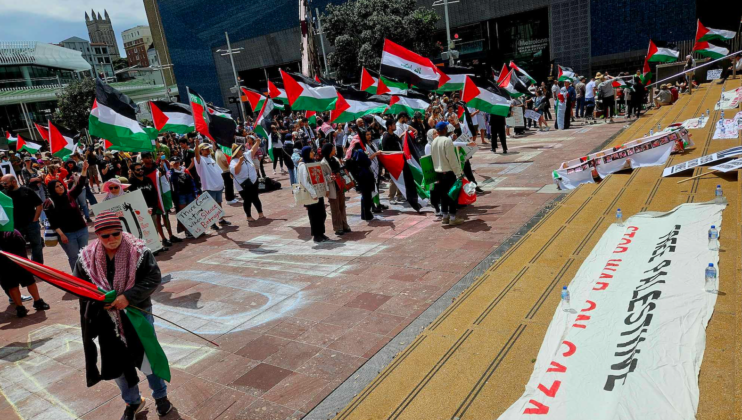
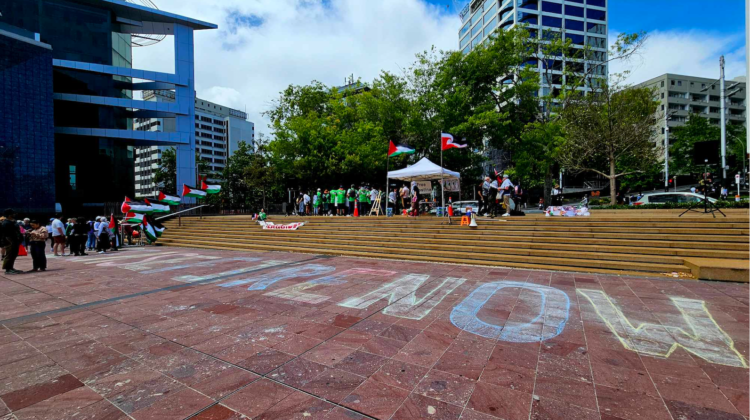
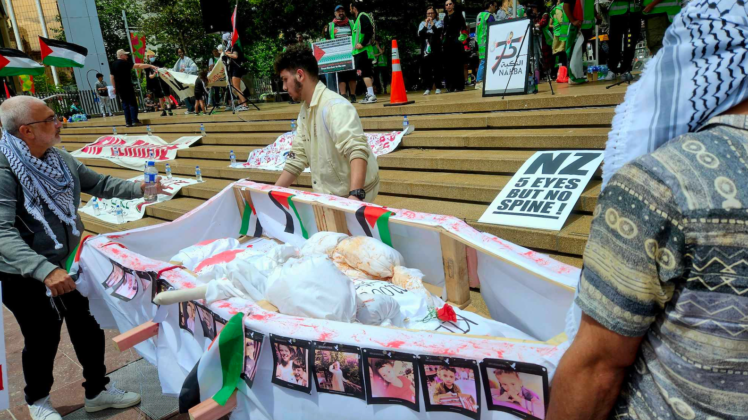
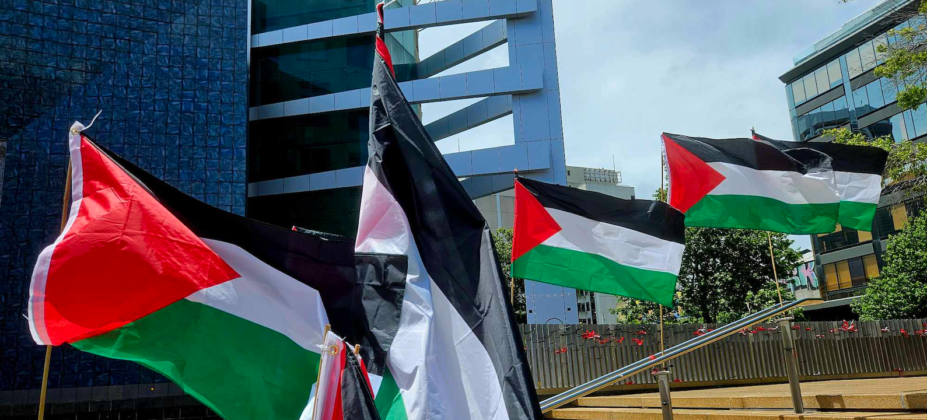
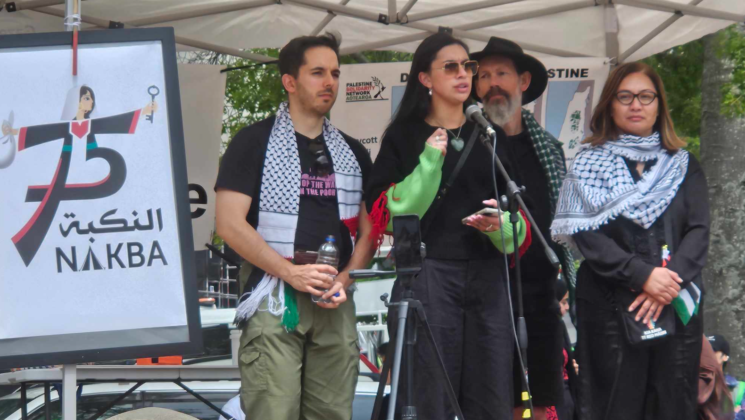
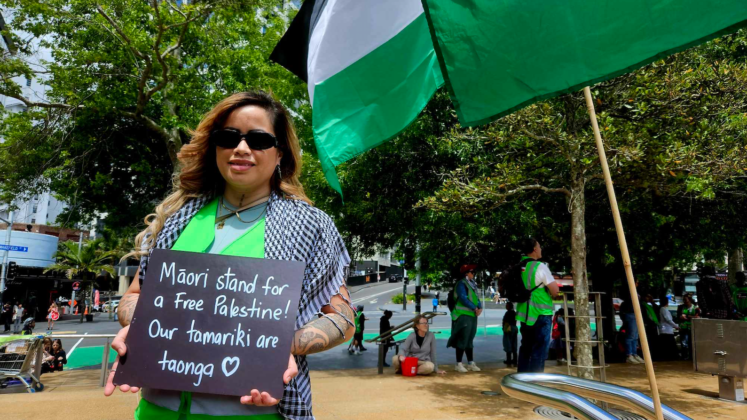
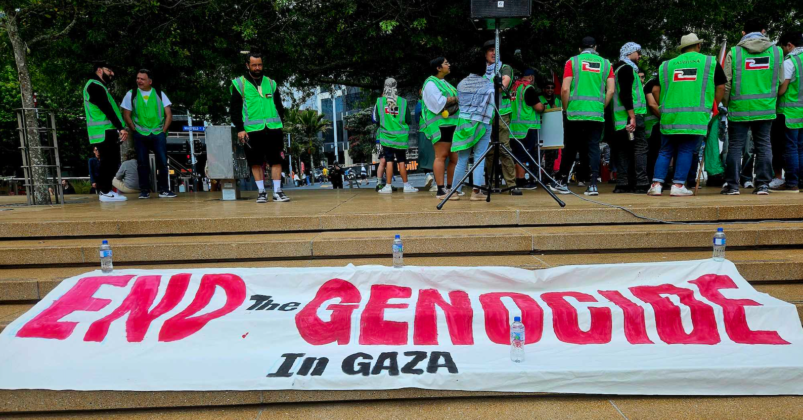
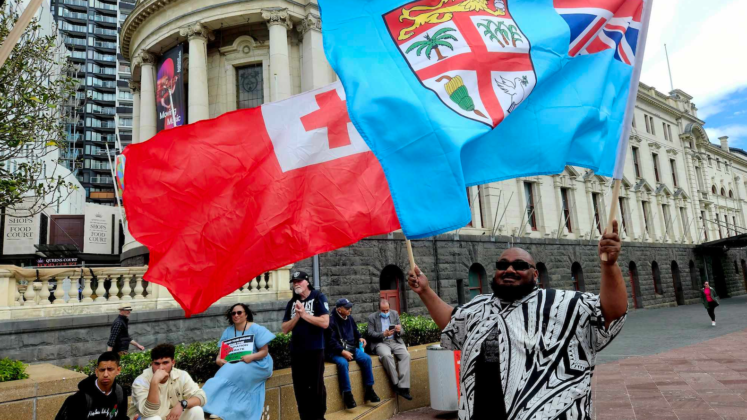
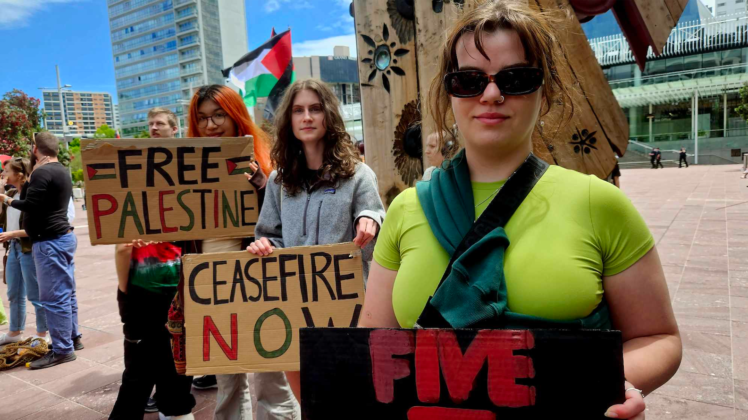
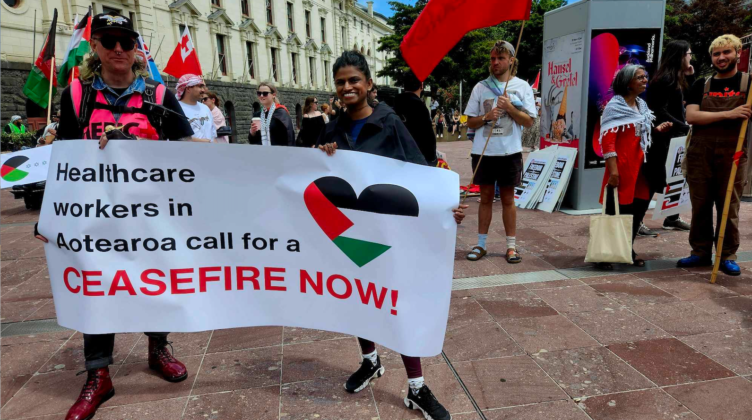
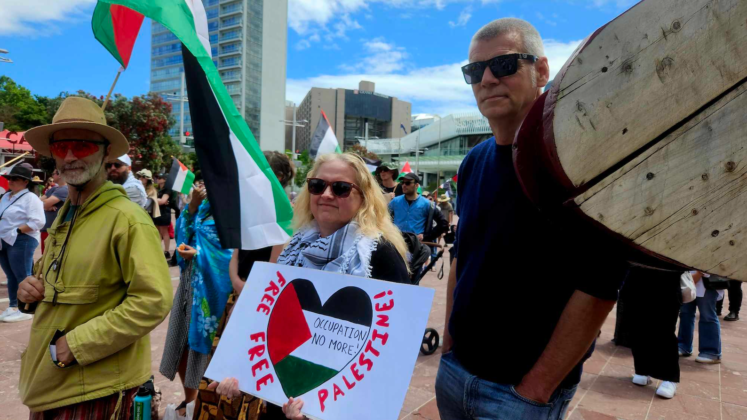
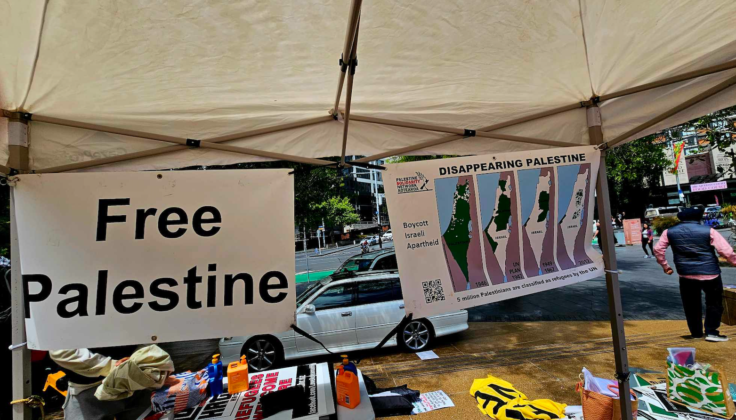
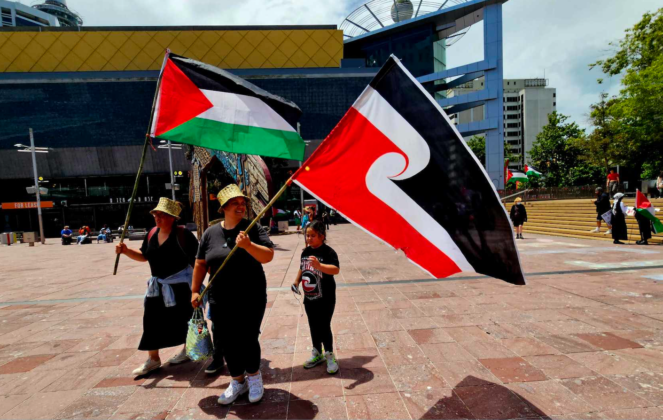
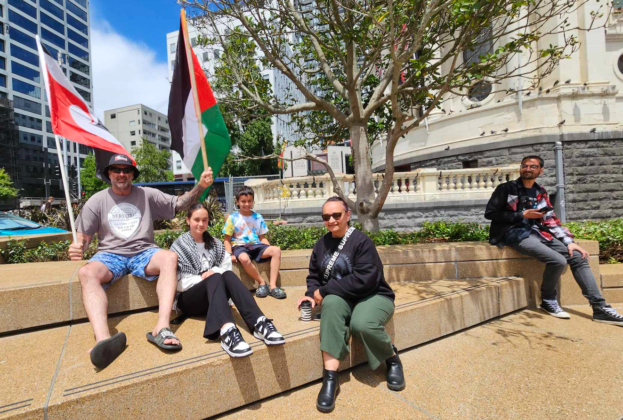
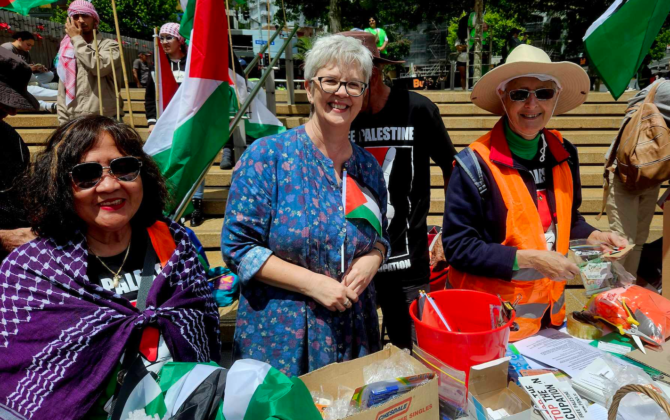
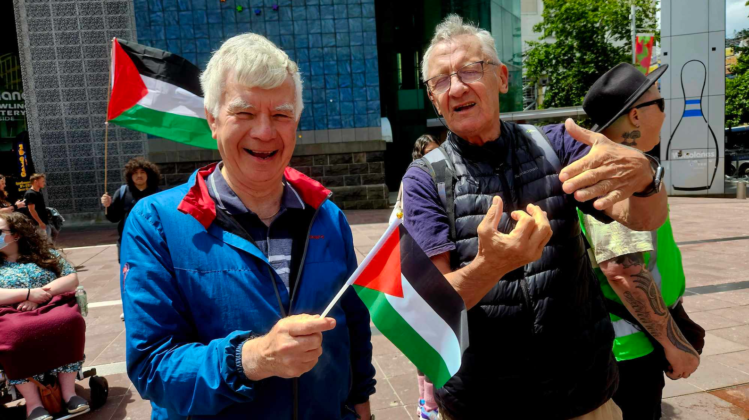
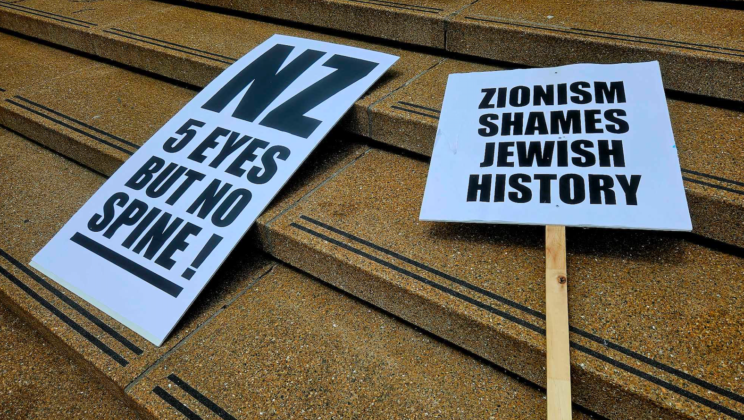
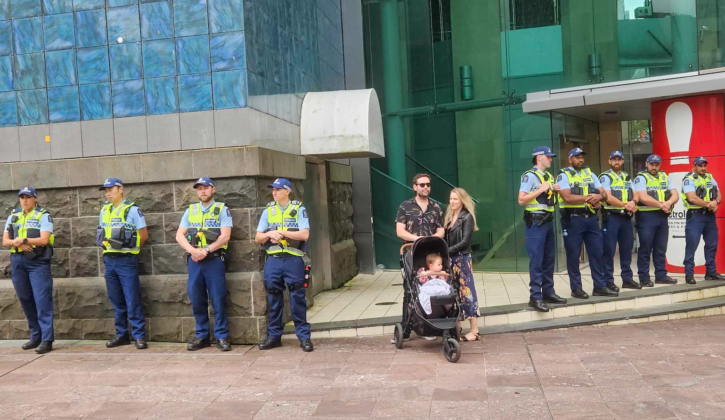
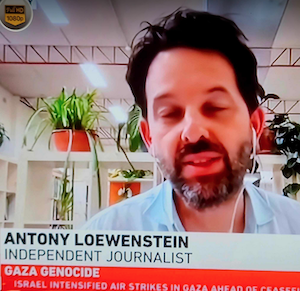
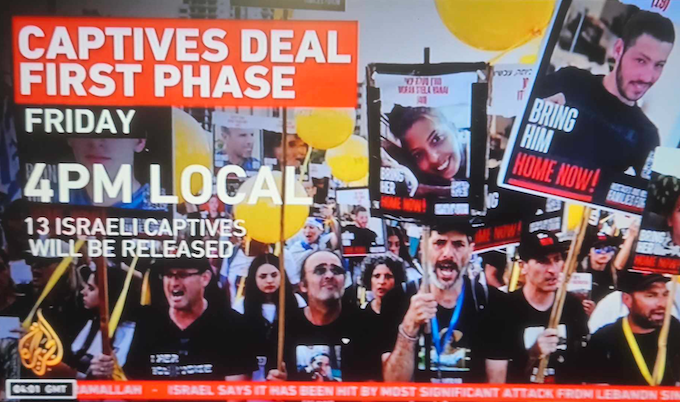
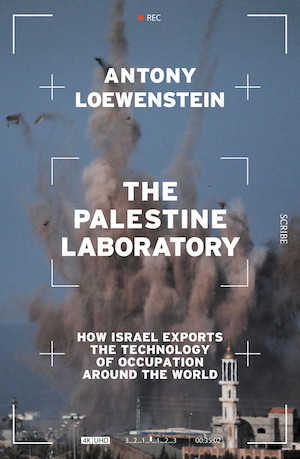 Loewenstein warned in his book before the conflict began that “an Israeli operation might be undertaken to ensure a mass exodus, with the prospect of Palestinians returning to their homes a remote possibility” (p. 211).
Loewenstein warned in his book before the conflict began that “an Israeli operation might be undertaken to ensure a mass exodus, with the prospect of Palestinians returning to their homes a remote possibility” (p. 211).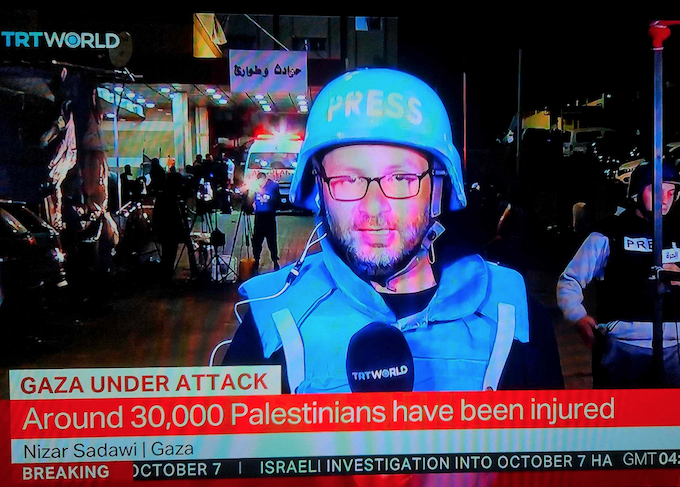

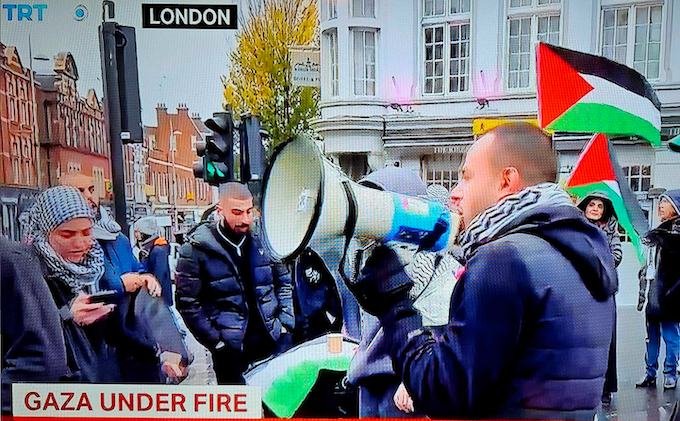
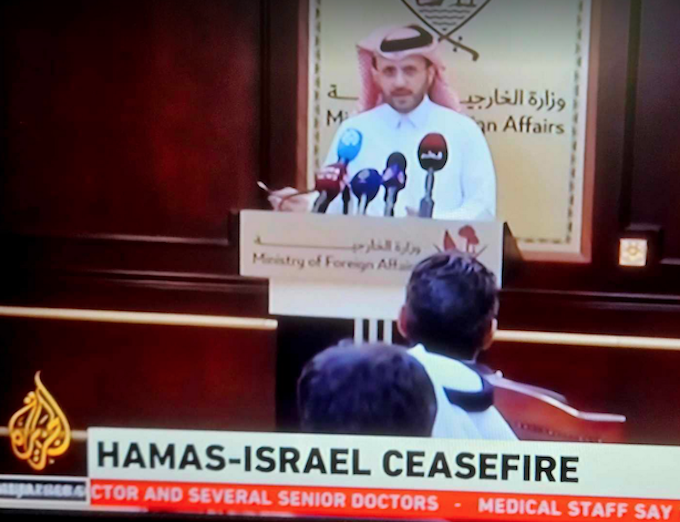
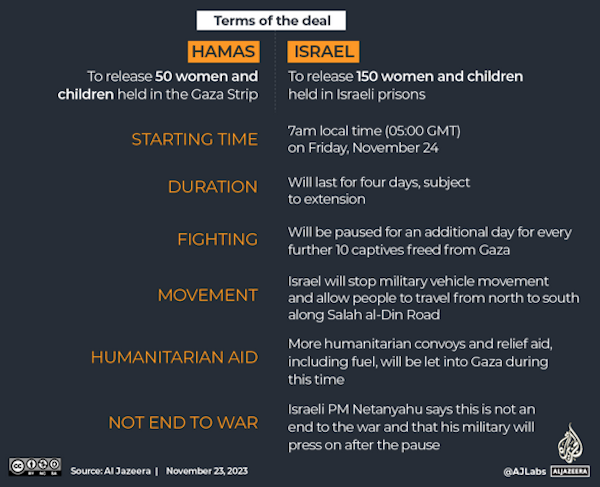
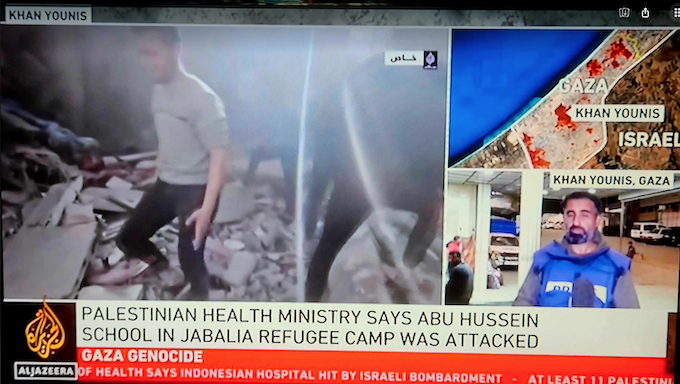

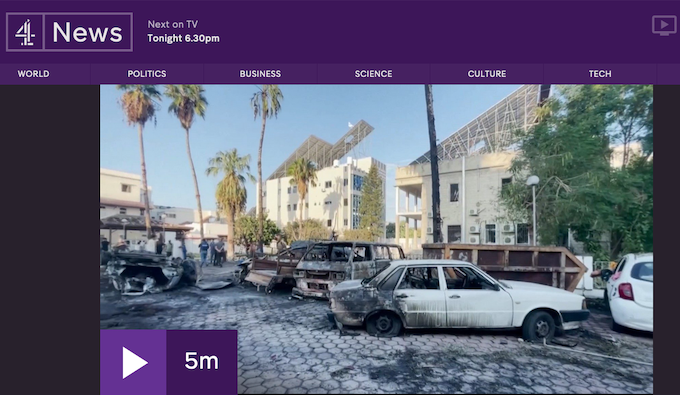

 (@OnlinePalEng)
(@OnlinePalEng) 
